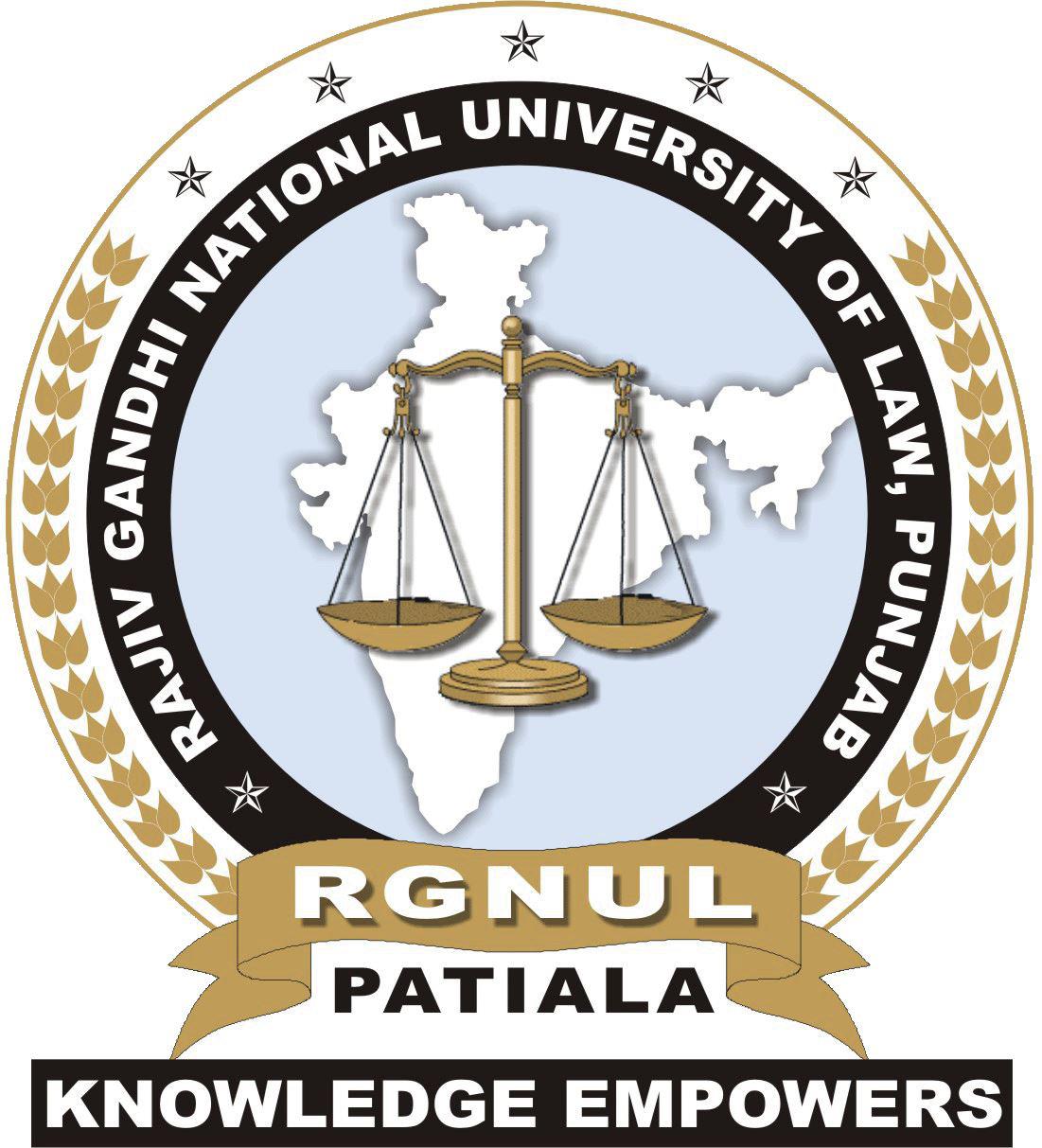Under the able guidance of Prof. (Dr.) G.S. Bajpai, Vice-Chancellor, RGNUL, the Centre for Criminology, Criminal Justice, and Victimology (CCV) has been established at Rajiv Gandhi National University of Law, Punjab for advanced research, training, policy analysis, and consultancy in the areas of criminology, criminal justice, and victimology.
The Indian Journal of Criminology is a publication dedicated to the study of crime in India. The Indian Society of Criminology publishes the Indian Journal of Criminology twice a year. The journal is well-known in academia for its intellectual rigour, and it is now on the UGC Care List. Criminology, Criminological sciences (Criminal Biology, Psychology, Sociology, and Penology), Subsidiary sciences (Forensic Science, Forensic Medicine, Judicial Psychology), and Victimology are all covered by the Journal’s purview.
Relevant Themes
Articles are invited from researchers and members of professional groups working in the — Police, Legal Departments, Correctional Services, Social Welfare Organisations, Forensic Sciences, Laboratories, etc.
Requirements to be adhered to
- Contributors may submit a soft copy of their original and unpublished pieces of research writings in English only, through e-mail at indianjournalofcriminology@gmail.com latest by 30th November 2021, accompanied by a Cover Letter including the following statements:
- I confirm that the citations in the attached manuscript are accurate.
- I confirm that I have read the submission policy and that my manuscript complies with the Journal’s submission policy.
- I confirm that any part of the manuscript does not violate any copyright of others.
- Articles should be 7000–8000 words long, essays should be 5000–6000 words long, notes/comments should be 3000–4000 words long, and book reviews should be 1500–2500 words long, including the abstract (200–250 words) and footnotes (s).
Italics and diacriticals should be used sparingly, but in a consistent manner throughout the text, if at all. Tables and figures should be identified by numbers rather than placement (see Table 1). (see Table below). In the text, all figures and tables should be cited. Regardless of whether or not permissions are required, sources for figures and tables should be specified.
- Book reviews must contain—the name of author/editor and book reviewed, place of publication and publisher, year of publication, number of pages, and price.
Selection procedure
Once submitted, a manuscript goes through the following stages:
- The Editor will first peruse the manuscript to check whether it fits well within the aims and scope of the Indian Journal of Criminology.
- Once the preliminary checks are done, the manuscript will be peer-reviewed, which may take at least 3–4 weeks. The Journal follows a typical double-blind review process.
- Depending upon the reviewers’ recommendations, the manuscript is accepted, suggested for revisions, or absolutely rejected. In case of revisions, rewriting suggestions will be given to the author/contributor, who will then modify the manuscript as per the requirements; thereby sending back the revised manuscript.
- Once the Editor finally approves a manuscript, then it is forwarded to the publishing unit, to be included in the Journal.
Note that article submission is a continual procedure with no set deadlines for both issues issued bi-annually. Accepted papers will be published in the next issue if they are not published in the first. Based on the peer-reviewed acceptance procedure, Contributor(s)/Author(s) will receive an acceptance letter. For their kind references, a soft copy of the article will be supplied to the Author(s) of the accepted manuscripts. However, the print copy may be purchased by sending a demand for the same, at indianjournalofcriminology@gmail.com.
RELEVANT LINKS AND CONTACTS
All communication regarding Journal may be addressed to: indianjournalofcriminology@gmail.com
 566
566

